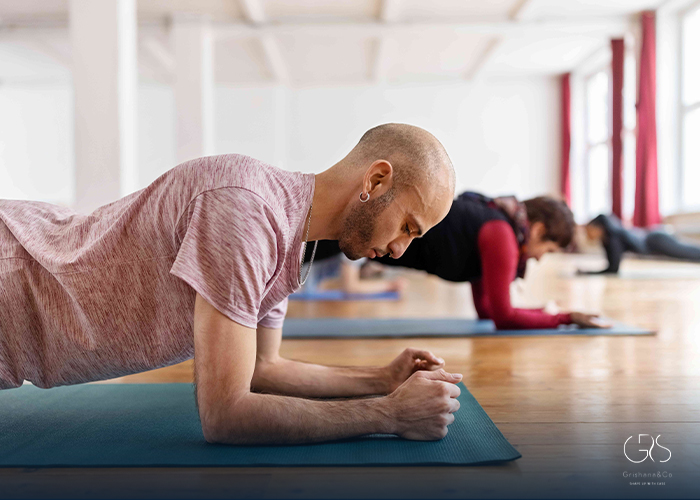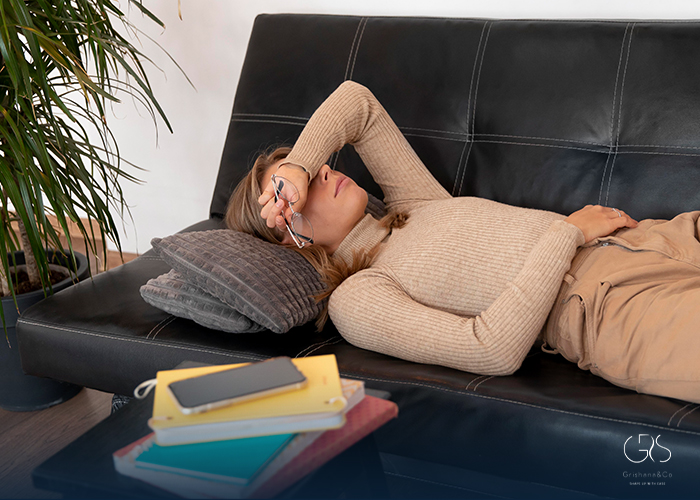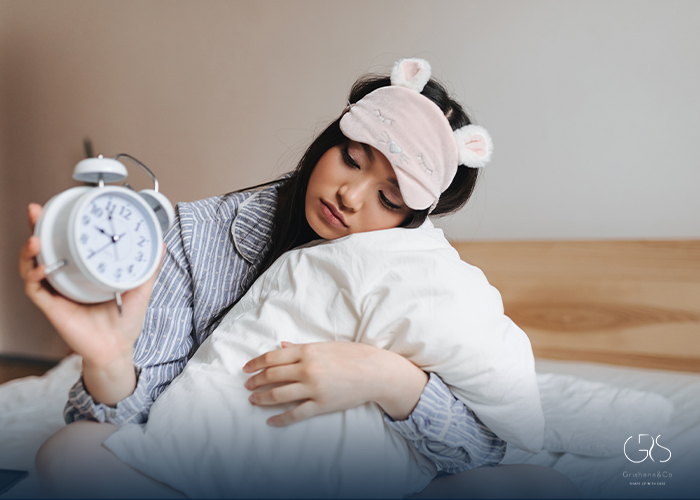In today’s fast-paced society, the importance of a good night’s sleep cannot be overstated. Sleep is critical for maintaining physical and mental health, cognitive function, and overall well-being. However, with the increasing prevalence of poor sleep quality and sleep disorders, finding effective strategies to improve sleep has become a top priority for many individuals. Recent research suggests that regular exercise may play a significant role in protecting against the side effects of poor sleep, highlighting the profound impact of physical activity on sleep quality and overall health.
The Link Between Exercise and Sleep Quality
A growing body of evidence supports the positive relationship between regular exercise and improved sleep quality. Studies have shown that engaging in physical activity can have a direct impact on various aspects of sleep, including sleep duration, sleep efficiency, and sleep onset latency.
A study published in the Journal of Sleep Research found that individuals who engaged in regular physical activity experienced higher sleep efficiency and better overall sleep quality compared to those who were sedentary. The researchers attributed these benefits to the role of exercise in regulating the body’s internal clock and promoting relaxation, which can help facilitate the onset and maintenance of sleep.
Moreover, a meta-analysis conducted by the National Sleep Foundation revealed that individuals who met the recommended guidelines for physical activity were significantly less likely to experience symptoms of insomnia and other sleep disturbances. These findings underscore the potential of exercise as a non-pharmacological intervention for improving sleep quality and reducing the risk of sleep-related disorders.

The Role of Exercise in Mitigating the Side Effects of Poor Sleep
One of the most intriguing aspects of the relationship between exercise and sleep is the exercise’s ability to mitigate the negative effects of poor sleep quality. In a study published in the Journal of Applied Physiology, researchers found that regular exercise helped protect against the harmful metabolic consequences of sleep deprivation, such as impaired glucose metabolism and increased insulin resistance.
The researchers observed that individuals who engaged in consistent physical activity exhibited greater resilience to the metabolic disruptions caused by sleep deprivation, suggesting that exercise may act as a protective factor against the adverse effects of inadequate sleep. These findings highlight the potential of exercise as a preventive measure for mitigating the health risks associated with poor sleep quality.

Diverse Perspectives on the Relationship Between Exercise and Sleep
While the benefits of regular exercise on sleep quality are well-established, it is essential to consider diverse perspectives on this topic to fully understand the complexities of the relationship between exercise and sleep.
From a psychological standpoint, exercise has been shown to have mood-enhancing effects and reduce symptoms of anxiety and depression, which can contribute to improved sleep quality. A study conducted by Psychology Today found that individuals who engaged in regular exercise reported higher levels of overall well-being and better sleep than those who were inactive. These findings suggest that exercise can have a positive impact on mental health, which in turn may promote better sleep outcomes.
On the other hand, some experts caution that excessive or intense exercise close to bedtime may have a stimulatory effect on the body, making it more challenging to fall asleep. Harvard Health Publishing recommends avoiding vigorous physical activity within two hours of bedtime to prevent disruptions in sleep onset and sleep continuity.
Therefore, it is essential to strike a balance between the type, intensity, and timing of exercise to optimize its benefits on sleep quality while minimizing any potential negative impact on sleep patterns.
Conclusion
The research indicates that regular exercise can play a vital role in promoting better sleep quality and protecting against the side effects of poor sleep. By incorporating physical activity into their daily routines, individuals may experience improved sleep duration, efficiency, and overall sleep quality. Moreover, exercise has shown promise in mitigating the metabolic consequences of sleep deprivation and reducing the risk of developing sleep-related disorders.
However, it is essential to approach exercise and sleep management holistically, considering individual preferences, health conditions, and lifestyle factors. By striking a balance between exercise, sleep hygiene practices, and stress management techniques, individuals can optimize their sleep health and overall well-being.
Sources
- Psychology Today, How Exercise Can Benefit Our Mental Health
- National Sleep Foundation, Exercise and Insomnia
- Harvard Health Publishing, Does exercising at night affect sleep?










